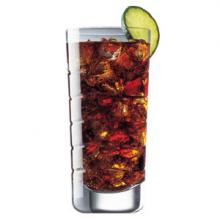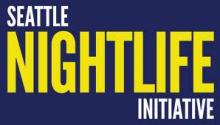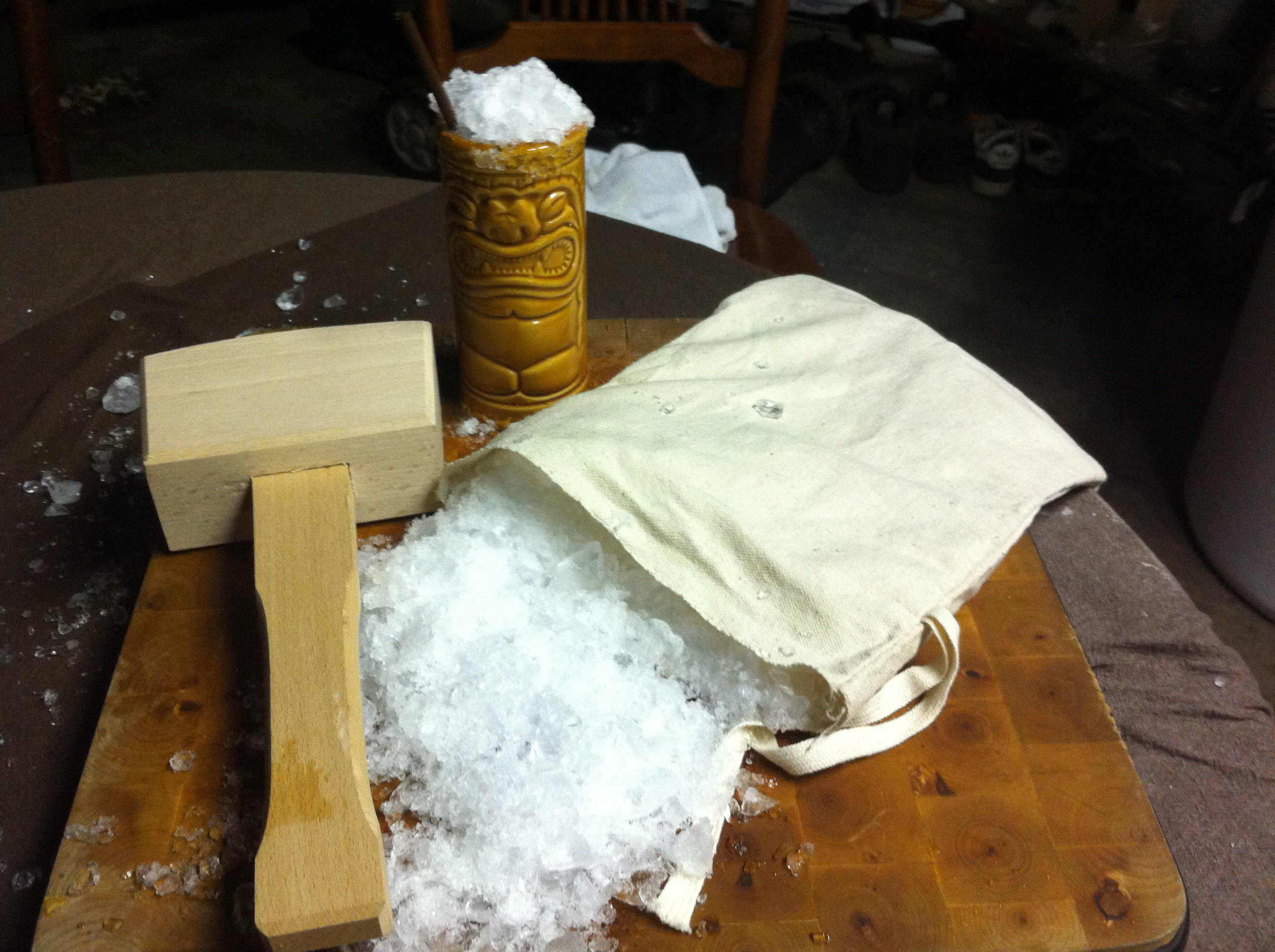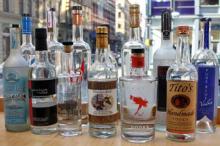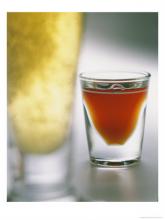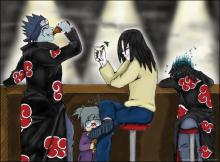Cola Cocktails
You wouldn't think it judging by the fact that I write a liquor blog and I can get pretty particular about booze and the culture surrounding it, but I'm in favor of avoiding pretentiousness in luxuries like alcohol. In fact, the more my experience with the hard stuff expands, the more I'm convinced that foodie-style snobbery is making liquor culture insufferable. That's why I'm devoting an entire column to cocktails that prominently feature a thoroughly unpretentious and often downright populist beverage: Cola. The one allowance I'll make for nit-picky palates in relation to cola is the clear superiority of cane sugar over corn syrup soda. The stuff just tastes better and that's the only reason I'm okay with the rarer, somewhat pricier substitution. It has nothing to do with the stuff being made outside of America or the fact that even knowing about it is something of an insider track in the food world. If you're making a cocktail, you're already indulging. Spend the extra fifty cents for the glass bottle of Mexi-Coke or whatever cane sugar cola you prefer. Now, onto the cocktails.
The beautiful thing about cola is that it defers to other flavors despite having a pretty strong flavor itself. In fact, it enhances flavors that are often too strong or simple on their own by diffusing them in a sweet but simple solution. Cola is as thin as you want it to be and it plays well with ice, in that it holds its taste fairly well when watered down. Everyone's first cola drink is, naturally, the Rum and Cola, a drink about which I've had a thing or two to say in the past. Though I have a healthy fear of that deceptively potent cocktail, I still defer to its beautiful simplicity. It's a sweet, spiced thing mixed with another sweet, spiced thing. And yes, I do believe that a proper rum and cola is made with spiced rum. When there are only two ingredients in a drink, more flavor is a good thing.
My personal favorite cola drink is the Fernet Branca and Cola. The Fernet family of liquors is heavy on the herbal flavors, coming from that pre-Prohibition tradition of throwing a bunch of mysterious ingredients into a grape distillate and selling the resulting tincture as everything from a medicine to an after-dinner digestive aid. The truth is, Fernet Branca is some mean stuff on its own, like a version of Jaegermeister that caters more to Old World hellfire clubs than 21st century frat boys. Mix it with a good cola, though, and the resulting drink is a cool, somewhat minty interplay of bitter and sweet that brings out the best in both ingredients while minimizing their flaws.
I'm not above treating cola like what it is, though: A confection. Honestly, it's bubbly water mixed with syrup and nuts. It may come from 19th century apothecaries but it seems tailor made for boardwalks in summer. To that end, I'm gonna come out in favor of the Laverne and Shirley. No, not the questionable mix of Pepsi and milk consumed by characters on the TV show it references, but a far more respectable sweet thing made by hitting a measure of cola with a half ounce each of cherry and chocolate vodka. Sure, it's cloying, but that's the point. It tastes like a flavored Coke that gets you drunk. Depending on context, that's either a merit or a flaw.
Thankfully, cola is cheap, so I encourage experimentation with the stuff. Though somewhat tainted by its corporate producers and cultural ubiquity, cola is still a remarkable tincture with a lot to offer. Taken as an occasional indulgence rather than one's drink at every meal, it's a delight.
